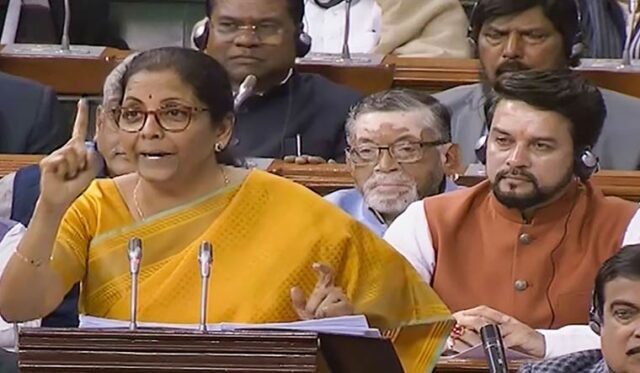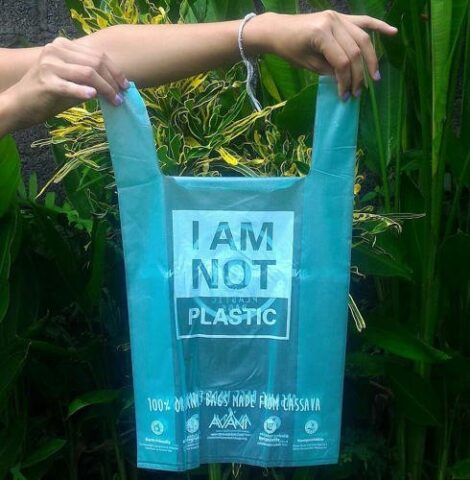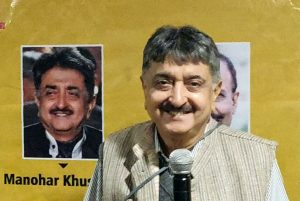LokSabhaTV- Nirmala Sitharaman- Budget Provisions for Jal Shakti

A Panel Discussion was held on Lok Sabha TV at 1 PM and 4 PM on the 24th of January 2020 to discuss provisions for Water in Ms. Nirmala Sitaraman’s Budget Session in Lok Sabha due on 1st February. The Program was anchored by Parakram Singh Shekhawat. The panelists were Arun Tiwari, Manohar Khushalani and Himanshu Thakkar. They all went into their expectations from the budget with respect to Budget Provisions for Jal Shakti – Water.
The anchor began the discussion with a small introduction of the Ministry of water resources (Jal Shakti Mantraley), Mr. Gajendra Singh Shekhawat, the troubled state of water quality and availability through the country, and its ever arising complications. Mr. Arun Tiwari elaborated on our lack of efforts in successfully harvesting rainwater and sustaining groundwater levels, highlighting the lack of regulations surrounding these harvesting methods. The importance of sustainability was highlighted as well unless groundwater is recharged, regulated and the focus needs to be shifted to Sustainability.
The Ministry of Drinking Water and Sanitation, Ministry of Water Resources and Ganga Rejuvenation have been merged into the Jal Shakti Ministry under the second term of the Modi government and the Jal Shakti Ministry was allocated Rs 28,261 Crore, an 8% increase. A 10 pointer vision for the next decade was listed out by the Finance Minister Nirmala Sitharaman. She elaborated that the Jal Shakti Ministry will manage the country’s water resources and water supply in an integrated holistic manner, and will work towards supplying all rural households with water supply by 2024. In the LSTV discussion, Manohar brought forward a set of important points such as the minimal increase in the budget allocated, the unsanitary sewage system, and lack of stormwater drains. He also insisted that along with budget allocation, our national lakes need to be taken care of efficiently and resurrected, and the need for the development of rural handicrafts and the need for a River Basin Authority, for the systematic distribution of water.
The Atal Bhujal Yojna, is a scheme, also known as ‘Atal Jal’ will promote panchayat-led groundwater management and behavioral change with a primary focus on demand-side management. The scheme is aimed at
- doubling farmers’ incomes,
- promoting participatory groundwater management,
- improving water use efficiency on a mass scale,
- improving cropping pattern and
- promoting efficient and equitable use of groundwater resources and
- behavioral change at the community level.
Official estimates state that over INR 9 crores (90 million) toilets were constructed from 2014 when the Swacch Bharat Mission was launched under the Modi government as one of its flagship schemes. Yet, a government survey in 2017 showed that 6 out of 10 toilets built under the Swacch Bharat Mission did not have water supply, and were hence unusable.
The chemical fertilizer farming is allocated INR 80,000crores, while the green revolution farmers are allotted INR12,000crores but the Organic manure farming is allocated only INR 2 Crore, Manohar Khushalani pointed out, the obvious lack of financial support to organic farmers led to Cancer and other diseases in the cities of Punjab and Harayana, he insisted on the importance of WaterShed Management, an initiative taken by Anna Hazare previously.
The discussion shed light upon various important aspects of Budget allocation for water conservation and also examined the various areas where more efforts are required for sustainability.
You can watch the informative debate here.
You will find more details on the next debate on LSTV on the topic of Atal Bhujal Yojna, Please find the entire debate here.



